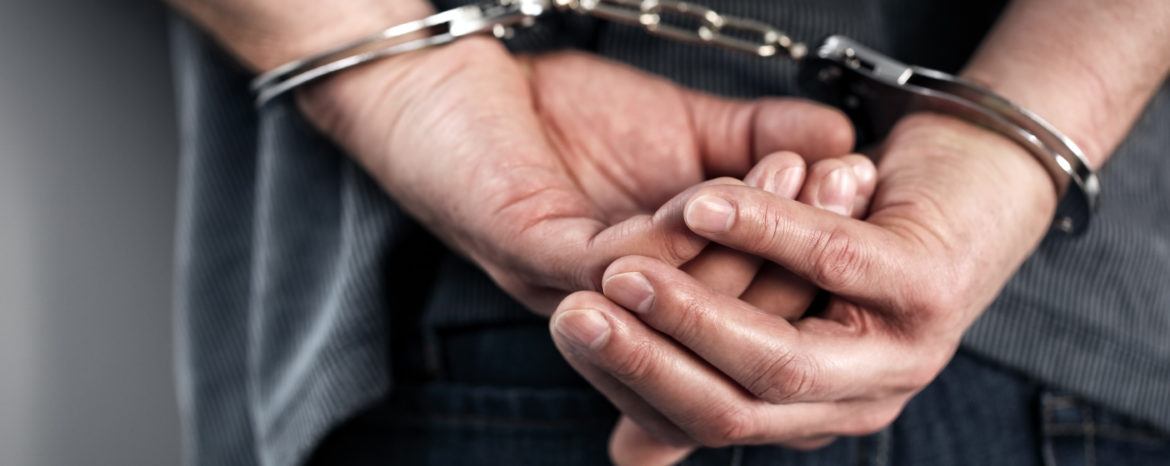Published May 17, 2017 on behalf of Wade Grimes Friedman Meinken & Leischner PLLC
When minors do things that they shouldn’t do, they might have to answer to those actions in the criminal justice system. As your child’s legal guardian, you will likely be pulled right with them into the system. It is important for you to understand some of the intricacies of the system to help you prepare for what you are about to go through.
Can minors of any age face the juvenile justice system?
Typically, the best candidates for the juvenile justice system are those who are between 7 and 15 years old. Children who are younger than this usually won’t be involved in the juvenile justice system. Children who are older could face charges in the juvenile system, but they could also be moved to the adult system if the crime is severe enough to warrant this move.
How are juvenile cases handled?
There are two ways that these cases can be handled — off the record and formally. In the case of an off-the-record resolution, the court might still be involved, but this would likely only constitute a lecture and a warning.
A formal resolution means that the juvenile would have to stand before the judge and go through the court process. This could end with the child being ordered to participate in services, which could include probation or time in juvenile detention.
Any child who is going through the juvenile justice system has specific rights, but these aren’t the same as adults who are experiencing similar issues. For this reason, it is imperative that anyone who has a child going through the juvenile justice system gets answers pertaining to the case.
Source: FindLaw, “Minor Crime Is a Major Ordeal,” accessed Jan. 19, 2017

